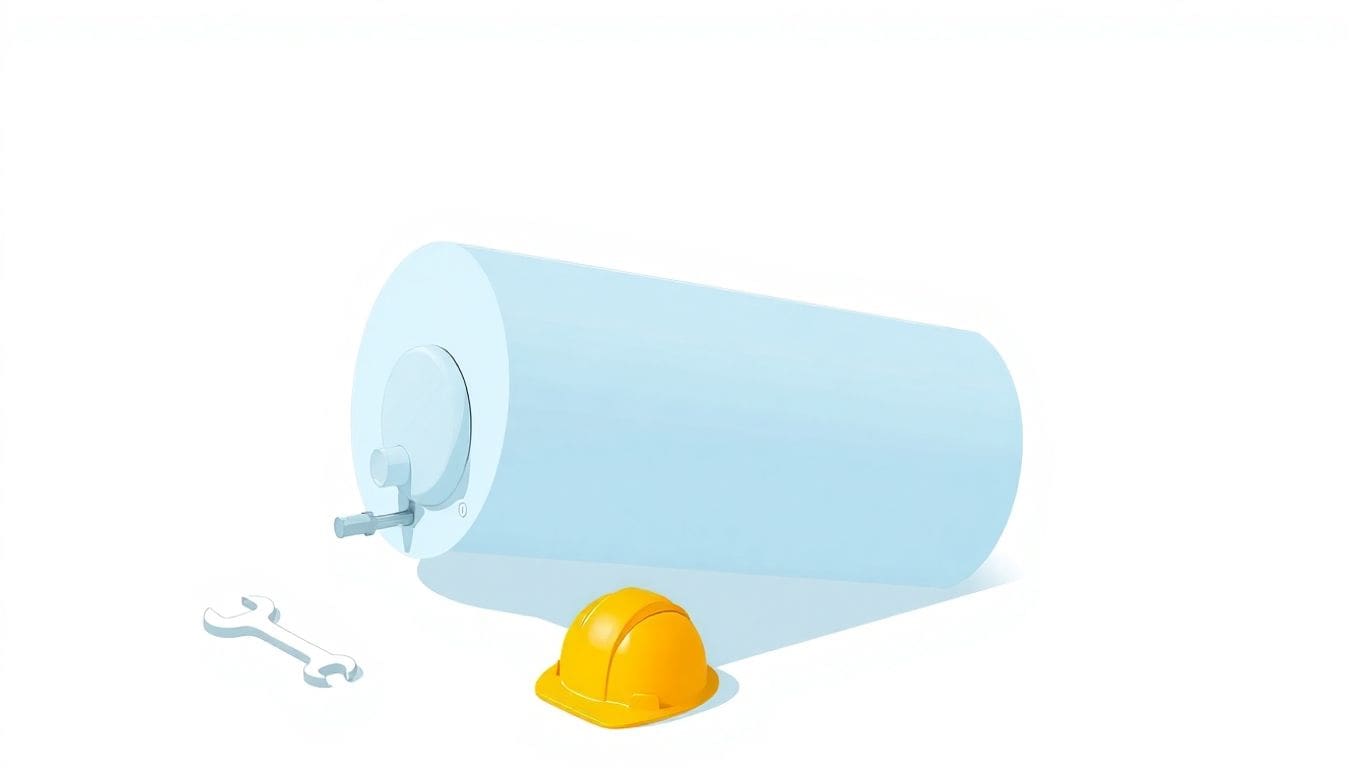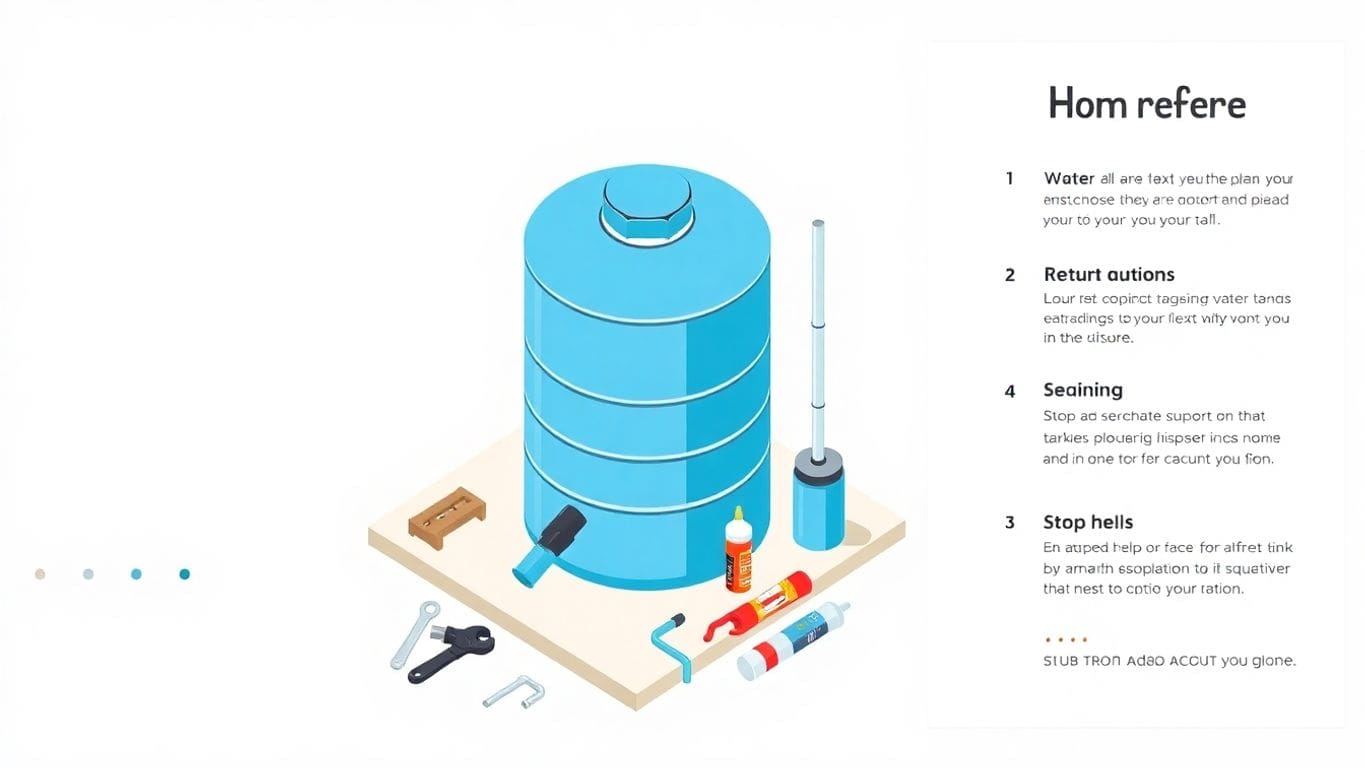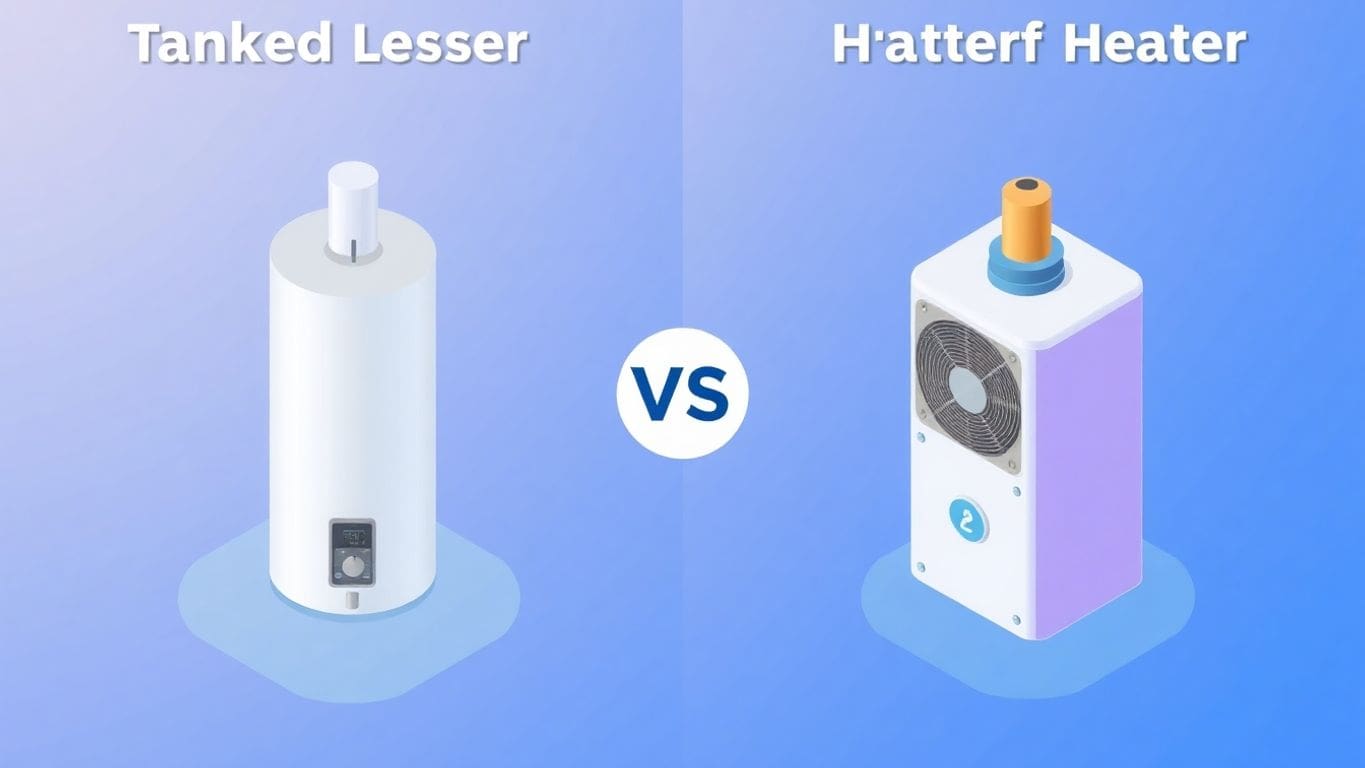
If your water heater is 16 years old, it might be time to think about getting a new one. Water heaters don’t last forever, and knowing when to replace yours can save you from unexpected problems. Here are some important things to keep in mind about aging water heaters and the signs that it’s time for an upgrade.
Most water heaters last about 10 to 15 years. Some tankless models can even last up to 20 years. If your water heater is around this age, it might be time to think about a replacement.
Several things can affect how long your water heater lasts:
If your water heater is over 10 years old, you should start watching for signs of trouble. Here are some signs to look for:
Remember, a water heater is a vital part of your home. Keeping an eye on its age and condition can save you from unexpected problems later.
When your water heater starts making strange sounds, it’s trying to tell you something. Pops, bangs, and hissing noises can mean there’s sediment buildup inside. This buildup can cause your heater to work harder and may even lead to a fire hazard. If you hear these noises often, it’s time to check it out.
If you notice rusty water coming from your taps, it’s a sign of internal corrosion. This means your water heater is breaking down. Rusty water is not only unpleasant but can also lead to leaks and flooding. If the water stays rusty after settling, you should consider replacing your heater.
Are you getting hot water one minute and cold the next? This inconsistency can indicate a failing heating element. If your water heater can’t keep a steady temperature, it’s time to look into getting a new one.
Remember, your water heater is important for comfort and hygiene. Don’t wait until it breaks down completely!
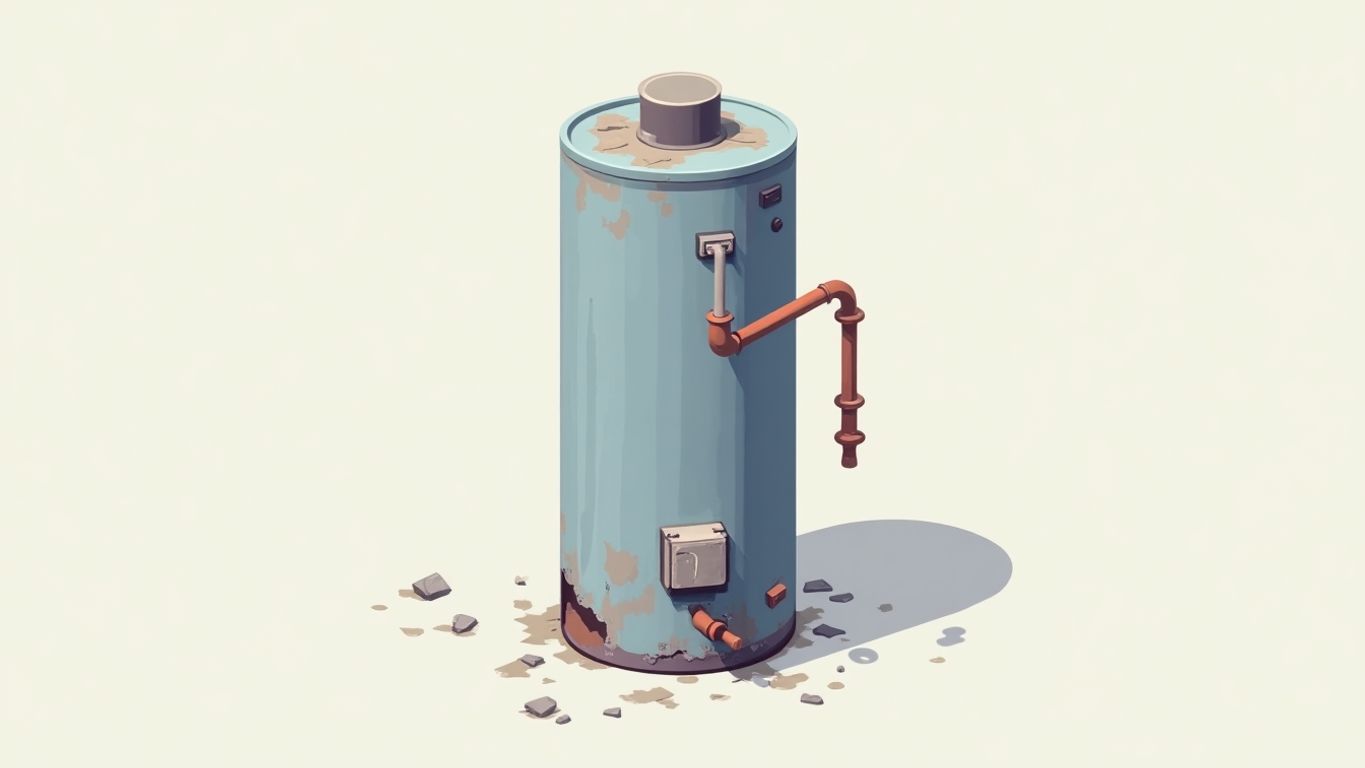
As your water heater ages, it can become a risk to your home. Here are some important points to consider:
Keeping an old water heater can lead to serious risks. It’s better to replace it before it causes problems.
Upgrading your water heater can bring many advantages. Here are some key benefits:
Newer water heaters are designed to use less energy. This means you can save money on your energy bills. Energy-efficient models can cut your costs significantly over time.
Modern water heaters come with better safety features. These can help prevent leaks and other issues. This means you can feel more secure in your home.
With a new water heater, you can expect better performance. This means more hot water when you need it. You won’t have to worry about running out during a shower!
Upgrading your water heater is not just about comfort. It’s also about saving money and keeping your home safe.
In summary, upgrading your water heater can lead to:
Consider these benefits when thinking about replacing your old water heater.
When it’s time to replace your water heater, you have many choices. Choosing the right type can save you money and energy. Here are some popular options:
Smart water heaters connect to your home Wi-Fi. They let you control the temperature and monitor usage from your phone. This can help you save energy and money.
Look for water heaters that are energy-efficient. Many models have the ENERGY STAR® label. These use less energy and can lower your bills.
| Type of Water Heater | Energy Efficiency | Initial Cost | Long-Term Savings |
|---|---|---|---|
| Tankless | High | Higher | Yes |
| Traditional | Moderate | Lower | No |
| Smart | High | Higher | Yes |
| Eco-Friendly | High | Varies | Yes |
Choosing the right water heater can make a big difference in your home. Take your time to research and find the best fit for your needs.
When it comes to replacing your water heater, there are several costs to think about. Understanding these costs can help you make a smart choice.
| Type of Water Heater | Average Cost | Estimated Annual Savings |
|---|---|---|
| Traditional Tank | $800 – $1,500 | $100 – $200 |
| Tankless | $1,000 – $3,000 | $200 – $400 |
| Heat Pump | $1,200 – $3,500 | $300 – $600 |
Remember, investing in a new water heater can save you money in the long run. It’s not just about the upfront cost!
To keep your water heater running well, drain it at least twice a year. This helps remove sediment that can build up at the bottom. Sediment can cause your heater to work harder and use more energy. Here’s how to do it:
The anode rod helps prevent rust inside your water heater. Check it every year. If it’s less than half an inch thick or covered in rust, it’s time to replace it. This simple step can help your heater last longer.
Keep an eye out for any leaks around your water heater. If you see water pooling, it could mean trouble. Check the connections and pipes for tightness. If you find a leak, it’s best to call a professional.
Remember, taking care of your water heater can save you money and trouble in the long run. Regular maintenance is key to keeping it running smoothly.
Sometimes, your water heater can show signs of trouble that are beyond simple fixes. Here are some situations where you should definitely call a professional:
When you decide to call for help, make sure you choose the right person. Look for:
Sometimes, it’s hard to know if you should repair your water heater or replace it. Here are some tips:
Remember, your safety is important. If you’re unsure about any issue, it’s best to call a professional. They can help you avoid further damage and keep your home safe.
If you notice any of these signs, don’t hesitate to reach out to a professional. They can help you understand the problem and find the best solution. For more tips on water heater maintenance, check out resources from heating geek, a service that connects you with local repair experts.
When it’s time to replace your water heater, there are a few steps to take. Planning ahead can save you time and money. Here’s what you should do:
Remember, replacing your water heater before it fails can prevent water damage and save you money on emergency repairs.
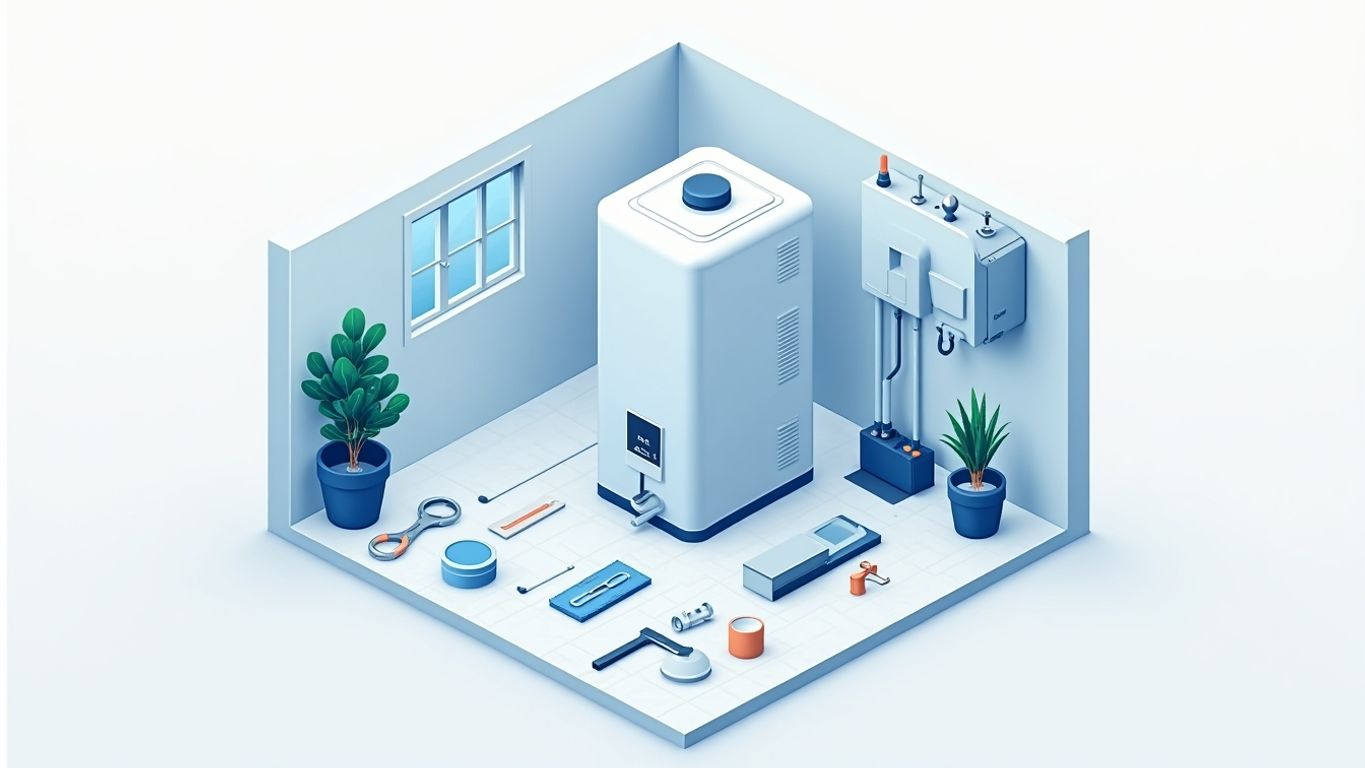
Many people believe that if their water heater is still working, they should keep it. However, waiting until it breaks can lead to bigger problems. An old water heater can leak or fail at any time, causing water damage and stress.
Not all water heaters are created equal. There are different types, like tankless and traditional models. Each has its own benefits. For example, tankless heaters can save space and energy. Choosing the right one for your home can make a big difference.
Some think they can replace a water heater themselves. While it might seem simple, it can be tricky. Hiring a professional ensures the job is done right and safely. They know the local codes and can handle any unexpected issues.
Remember, replacing your water heater before it fails can save you time, money, and hassle in the long run.
Most water heaters last about 10 to 15 years. Some tankless models can last up to 20 years.
Look for unusual noises, rusty water, or inconsistent water temperature.
Yes, an old water heater can leak, which may lead to water damage and mold.
Yes, new models are often more energy-efficient and can save you money on bills.
You can choose between tankless, traditional, smart, and eco-friendly models.
Costs vary, but consider the initial price and potential savings on energy bills.
Regularly flush the tank, check the anode rod, and look for leaks.
Call if you notice problems you can’t fix, like leaks or strange noises.

